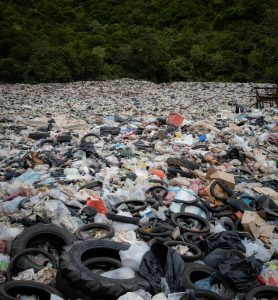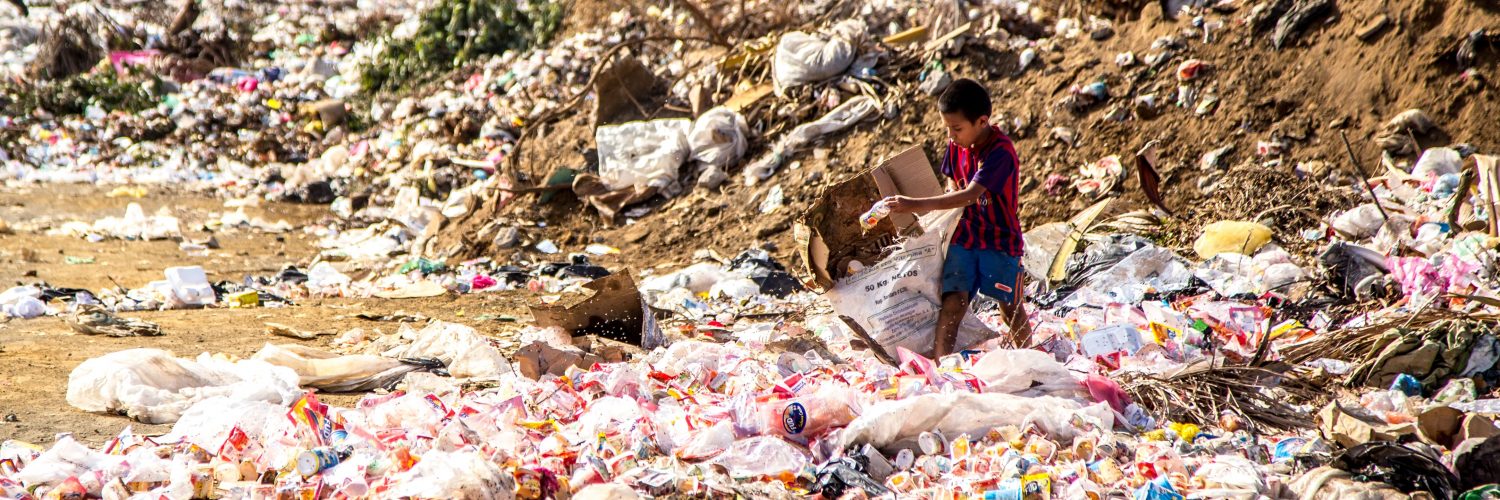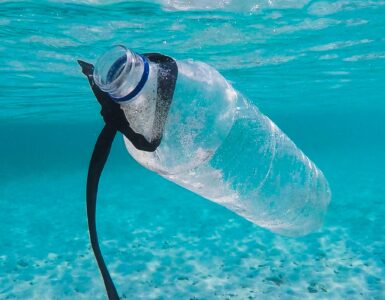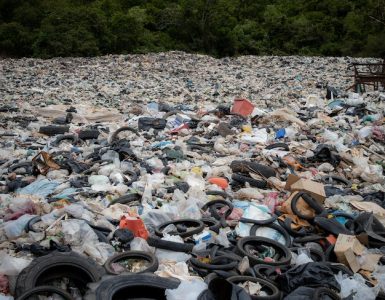Waste has become a severe environmental challenge worldwide.
Rapid urbanisation and industrialisation have led to an uncontrolled proliferation of waste, impacting the environment, and human health as well as disrupting economic sustainability.
The population growth with increasing consumerism has exacerbated the generation of waste like food, plastic, electronics, metals, and clothes.
Municipal and civic bodies in many cities and regions are grappling with the problem of managing their waste including collection, transport, treatment, and disposal.
However, with the advent of technology, waste management has taken a new turn. These technological interventions can streamline collections, monitor waste levels, and contribute towards building a greener planet.
Furthermore, it also helps to create social awareness and promote responsible waste disposal practices among citizens.
Harnessing the Power of Technology for Managing Waste
Technology can be vital in mitigating quality loss during waste treatment, improving the process, and boosting efficiency.
Some of the technologies being adopted in waste management are listed down below:
Blockchain
Blockchain technology in waste management is steadily gaining traction as it ensures transparency and security.
By leveraging blockchain, the entire value chain can become more transparent and reliable. As recordings in blockchains cannot be changed and fudged, it proves to be especially beneficial in timely waste collection, preventing illegal dumping, and recycling.
Internet of Things (IoT)
The involvement of IoT and its application in waste management solutions has proven to be highly beneficial.
IoT devices can collect real-time data on waste generation, and collection and provide valuable insights for efficient resource utilisation. For example, smart sensors monitor waste generation in commercial establishments and public garbage bins. They send alerts to the sanitation staff when the waste needs to be collected, thereby bringing efficiencies.
Similarly, IoT-enabled systems can optimise routes, minimise fuel consumption and reduce the carbon footprint associated with waste transportation.
Artificial Intelligence (AI)
Artificial Intelligence is crucial in accurately and efficiently identifying, sorting, and classifying solid waste.
AI technologies enable real-time prediction of waste streams and facilitate tracking waste from the source to disposal. Additionally, AI can analyse data from various sources to predict and prevent waste accumulation.
AI-powered robots can further streamline waste management. These robots can be programmed to accurately sort materials, reduce landfill waste, and enable 24/7 operations for increased processing capacity.
Furthermore, robots are invaluable for modern sewer repair, safely navigating hazardous conditions, and assessing sewer infrastructure. These robotic technologies replace manual labor, using sensors to navigate manholes, identify obstructions, and efficiently clean sewers, ensuring public health and environmental protection.
Pneumatic Waste Pipes
Traditional waste disposal and collection systems are becoming increasingly less practical; however, pneumatic waste pipes can prove to be the ideal solution to all woes.
Pneumatic pipes can be installed below public waste containers to transport waste straight to processing centres, eliminating the need for a trash pickup. These pipes provide a plethora of benefits, including minimising vehicle clogging on roads, reducing harmful emissions, and enhancing efficiency.
Solar-powered Trash Compactors
Solar-powered trash compactors compress trash as it accumulates inside a dumpster, increasing capacity compared to traditional trash bins.
Besides compressing waste, these solar-powered trash compactors have built-in waste-level sensors that transmit data, allowing users to streamline the collection process.
E-waste Kiosks
Electronic waste contains a lot of harmful substances. If e-waste is improperly disposed of, these substances can leak out into the environment and pose a serious hazard to human health and the local ecosystem. Therefore, it becomes a necessity to recycle and reuse e-waste instead of sending it to landfills.
E-waste kiosks installed at public places like malls and train stations can help in the disposal of unwanted electronics safely and easily. In smart kiosks, one may even receive rewards in exchange for electronic appliances, if they are in good condition.
Recycling Apps
The recycling industry is undergoing a technological transformation toward sustainability as a range of mobile apps is being developed to help businesses and individuals navigate the world of recycling.
The digital marketplaces connect buyers and sellers, help locate nearby recycling centres, and facilitate the donation of food waste. These apps are excellent resources that help in effective waste management.

Wrapping Up
Municipal solid waste generation is predicted to grow from 2.1 billion tonnes in 2023 to 3.8 billion tonnes by 2050, owing to evolving consumer patterns, urbanisation, and rapid economic growth.
However, environmental and waste management services have transcended the shackles of stereotypical garbage bags and collection trucks. Innovative technologies have improved efficiency, reduced cost, and proved beneficial to reduce carbon footprint.
There are other non-technological methods that can make a huge difference in reducing waste. From learning to compost to practicing the 3Rs of waste reduction, reduce, reuse, and recycle, everyone can contribute in their own way.
Even in offices, you can engage and motivate your coworkers to buy green products and embrace responsible practices while participating in daily activities.
Through cumulative efforts, we can strive towards a sustainable and cleaner future, thereby mitigating the impacts of climate change.






Add comment